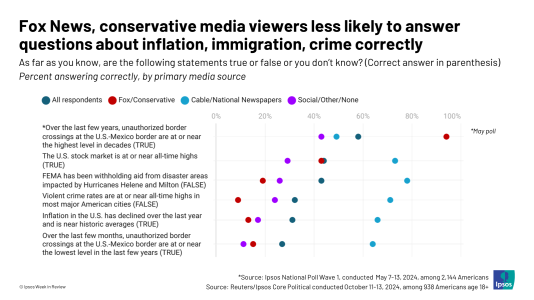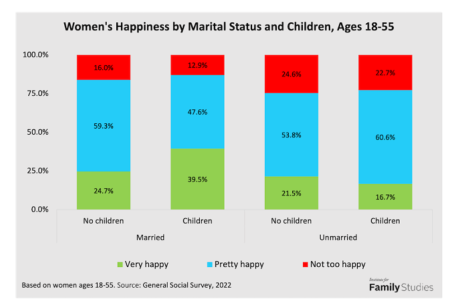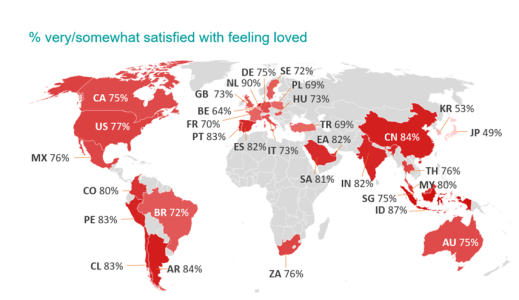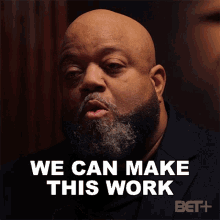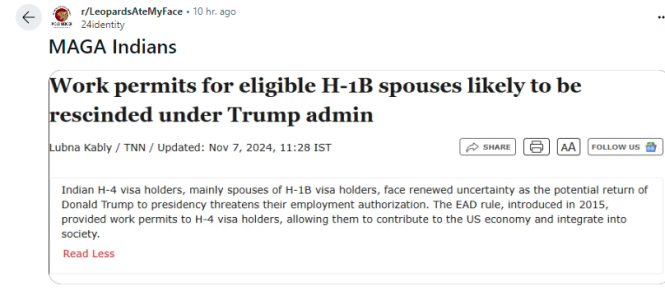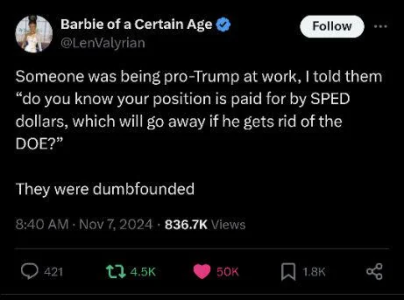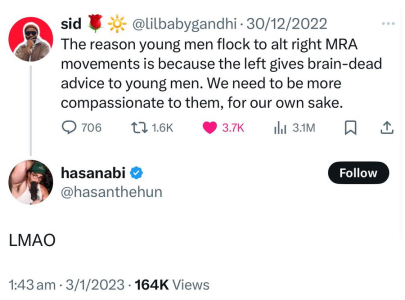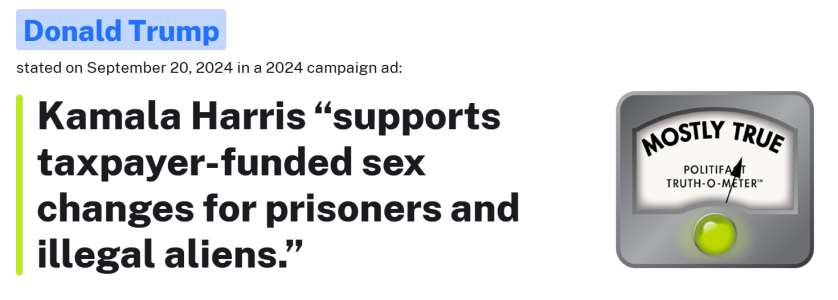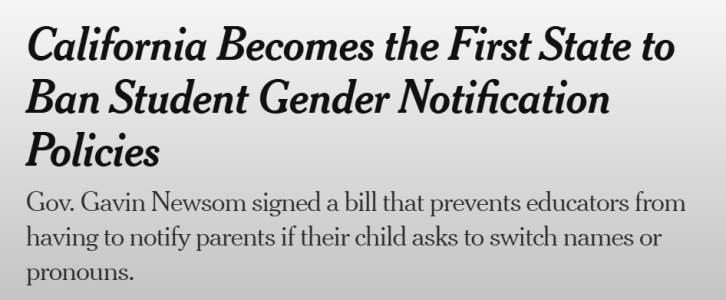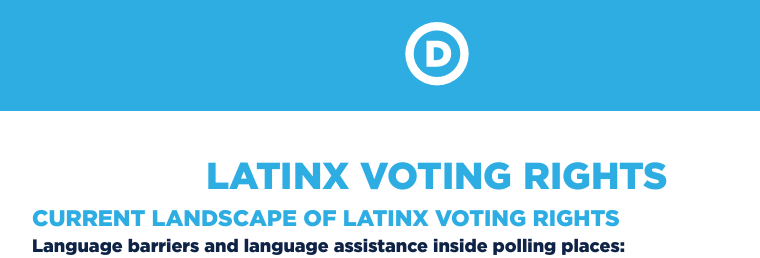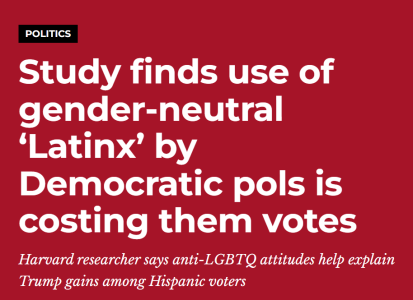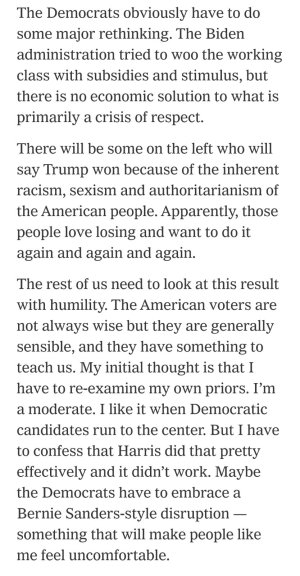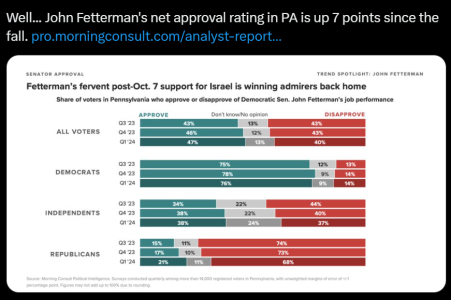Military involvement in politics
Since Mustafa Kemal Atatürk founded the modern secular Republic of Turkey in 1923, the Turkish military has perceived itself as the guardian of Atatürkçülük, the official state ideology. The TAF still maintains an important degree of influence over Turkish politics and the decision making process regarding issues related to Turkish national security, albeit decreased in the past decades, via the National Security Council.
The military has had a record of intervening in politics. Indeed, it assumed power for several periods in the latter half of the 20th century. It executed coups d'état in 1960, in 1971, and in 1980. Most recently, it maneuvered the removal of an Islamic-oriented prime minister, Necmettin Erbakan, in 1997.[4]
On 27 April 2007, in advance of 4 November 2007 presidential election, and in reaction to the politics of Abdullah Gül, who has a past record of involvement in Islamist political movements and banned Islamist parties such as the Welfare Party, the army issued a statement of its interests. It said that the army is a party to "arguments" regarding secularism; that Islamism ran counter to the secular nature of the Turkish Republic, and to the legacy of Mustafa Kemal Atatürk. The Army's statement ended with a clear warning that the Turkish Armed Forces stood ready to intervene if the secular nature of the Turkish Constitution is compromised, stating that "the Turkish Armed Forces maintain their sound determination to carry out their duties stemming from laws to protect the unchangeable characteristics of the Republic of Turkey. Their loyalty to this determination is absolute."[5]
Contrary to outsider expectations, the Turkish populace is not uniformly averse to coups; many welcome the ejection of governments they perceive as unconstitutional.[6][7] Members of the military must also comply with the traditions of secularism, according to the US Commission on International Religious Freedom report in 2008, members who performed prayers or had wives who wore the headscarf, have been charged with “lack of discipline”.[8]
Paradoxically, the military has both been an important force in Turkey's continuous Westernization but at the same time also represents an obstacle for Turkey's desire to join the EU. At the same time, the military enjoys a high degree of popular legitimacy, with continuous opinion polls suggesting that the military is the state institution that the Turkish people trust the most.[9]
Over a hundred people, including several generals, have been detained or questioned since July 2008 with respect to Ergenekon, an alleged clandestine, ultra-nationalist[1
![Alien 0] 0]](/styles/default/xenforo/NTemojis/alien.gif)
organization with ties to members of the country's military and security forces.[11] The group is accused of terrorism in Turkey.[12] [13]
On 22 February 2010 more than 40 officers arrested and then were formally charged with attempting to overthrow the government with respect to alleged "Sledgehammer" plot . They include four admirals, a general and two colonels, some of them retired, including former commanders of the Turkish navy and air force (three days later, the former commanders of the navy and air force were released).[14]
On 15 July 2016, elements of the Turkish military initiated a coup against the government led by President Recep Erdoğan. Military forces have been confirmed in Ankara and Istanbul with jets and tanks deployed to the streets. Additionally, two bridges over the Bosporus Strait have been closed[15]


 Maybe I've been watching too much TV and movies
Maybe I've been watching too much TV and movies 
![Alien 0] 0]](/styles/default/xenforo/NTemojis/alien.gif) organization with ties to members of the country's military and security forces.[11] The group is accused of terrorism in Turkey.[12] [13]
organization with ties to members of the country's military and security forces.[11] The group is accused of terrorism in Turkey.[12] [13]













